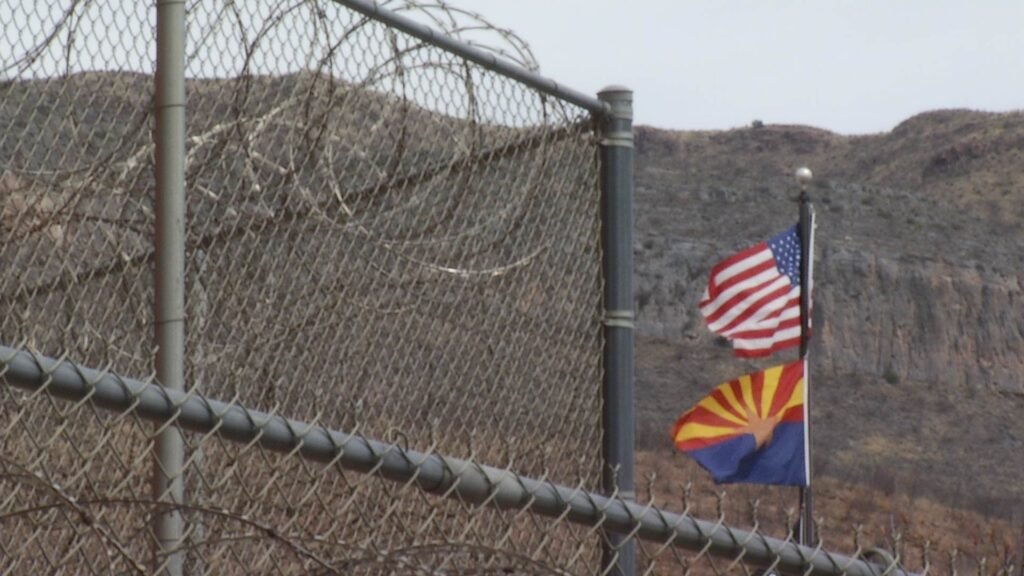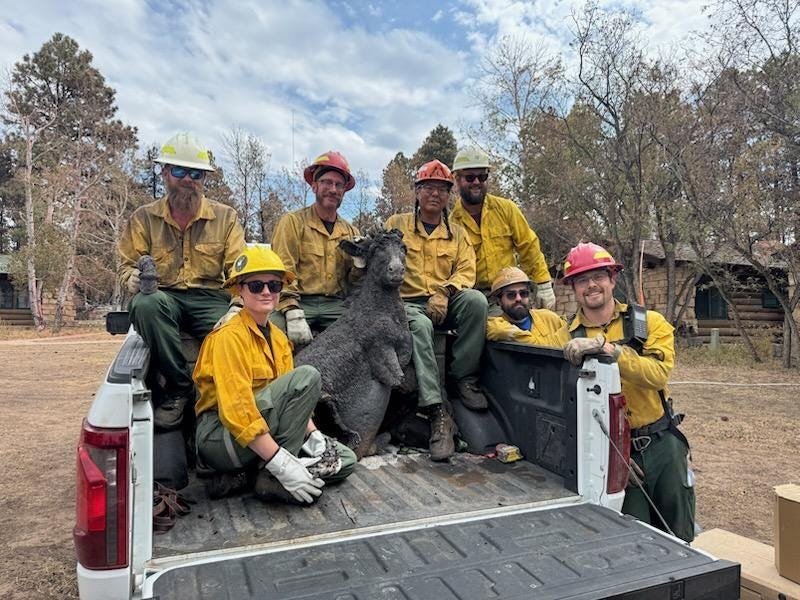Cochise County Seeks Funding for New Prison Amid Legal Challenges
Cochise County is looking at a hefty $100 million to build a new prison, prompting officials to ask voters to approve a sales tax once more. This comes even as previous sales taxes approved in 2023 are still active and facing legal hurdles.
This week, the county’s board of supervisors initiated the process for a new half-cent sales tax election set for November 4th of this year. However, it’s worth noting that voters already approved a 25-year sales tax earlier this year, and ongoing lawsuits questioning the validity of these elections continue to twist through the courts.
During a special meeting on March 21, the board reached a settlement in a case led by plaintiff Daniel Lachance against them and the prison district. Two key terms of this settlement include holding a new election and halting the collection of the existing taxes once a motion to dismiss is finalized. This claim is still pending before an Apache County Superior Court judge.
“Right now, we’re just waiting on a decision from the judge about the settlement to see if it gets accepted,” one official noted. “Depending on that, we’ll either suspend or continue the sales tax.”
The Court of Appeals did confirm one of Lachance’s three claims about the election process, which acknowledged that around 10,000 voters might have been disenfranchised due to how the elections were conducted.
Past boards, including former managers Anne English and Peggy Judd, along with current supervisor Tom Crosby, have endorsed all postal elections. According to state law, this means that only active registered voters receive ballots.
The lawsuits against English, Judd, and Crosby argue that about 10,000 individuals were classified as inactive voters and, consequently, did not receive mail-in ballots.
Antenori pointed out that a significant number of Cochise County voters prefer in-person voting and were not informed that they needed to request a mail-in ballot.
“Those on the inactive voter list were registered but didn’t get the chance to request a ballot, and because county offices were closed, they couldn’t vote in person either,” he commented.
Looking forward, Antenori mentioned that future elections would adopt different procedures.
“We have multiple ways to reach our inactive voter list and ensure they can vote in person at designated voting centers on Election Day, which will make a big difference,” he stated.
According to him, part of the settlement with Lachance involves recognizing the problematic nature of previous elections.
“The new board thinks these elections need to be re-evaluated to properly reflect the voters’ intentions, as elections that were done improperly should be scrutinized,” Antenori added.
A lingering question remains about what will become of the roughly $9 million in taxes collected if they are officially suspended starting in January 2024.
Should the sales tax fail in this upcoming election, residents might be asked to vote on what to do with the existing funds. Possible actions could range from returning money to the state, issuing property tax rebates, or refunding through sales receipts.







